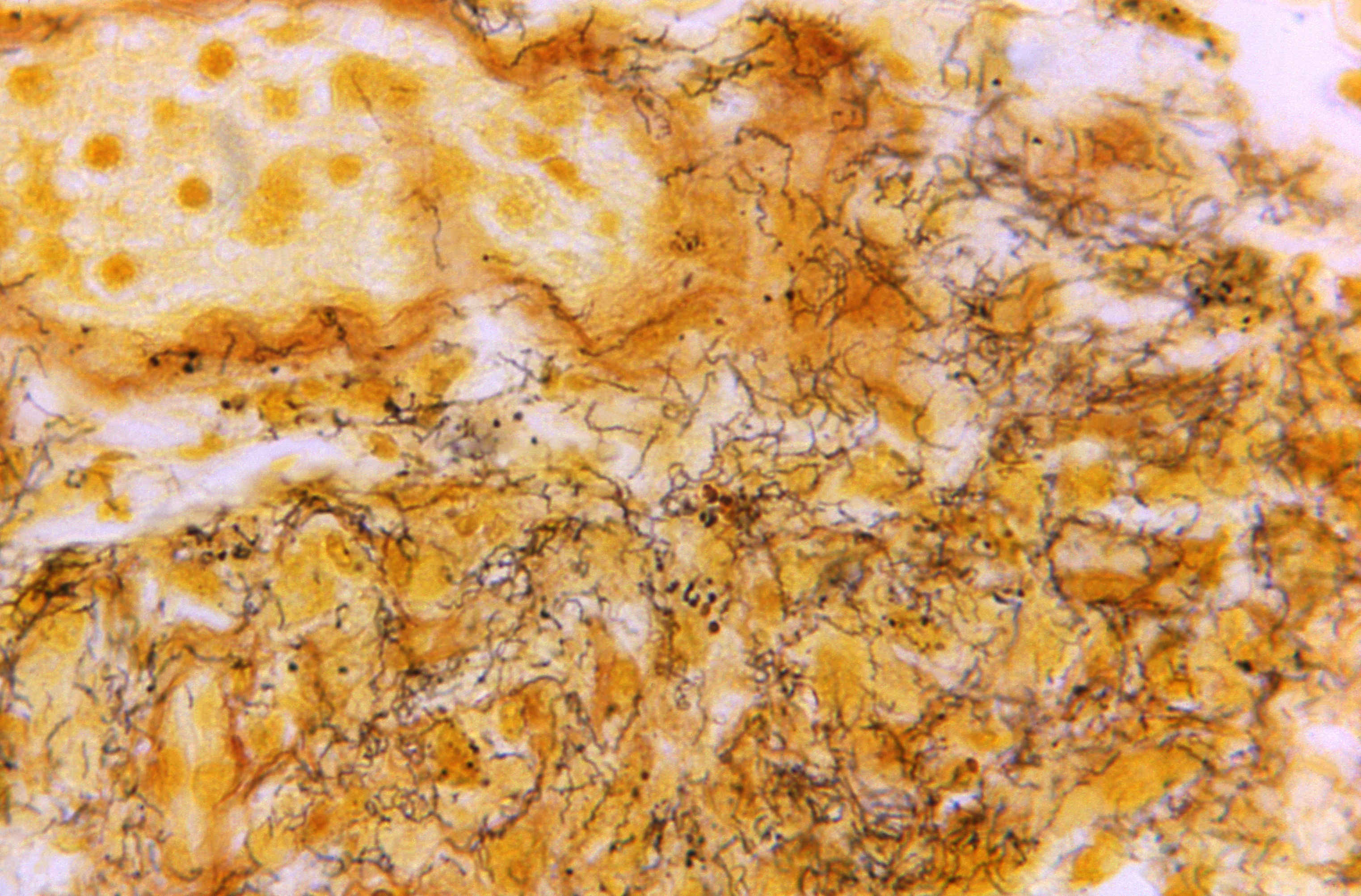Cases of syphilis more than doubled in New Jersey in just five years as the national number of cases hit highs not seen since the 1950s, the CDC said a health alert issued this week.
More than 1,700 cases of syphilis were diagnosed in New Jersey in 2018, CDC data shows. That number surged to more than 3,600 in 2022, outpacing the concerning national trend showing an 80% increase in syphilis cases.
“Addressing the resurgence of syphilis and congenital syphilis requires a concerted effort,” said Rachel L. Levine, the chair of the National Syphilis and Congenital Syphilis Syndemic Federal Task Force. “We can collectively work towards reducing the incidence of syphilis and its devastating consequences, and we will turn the tide on the syphilis epidemic.”
The increase was seen in both sexually transmitted cases and congenital cases, the agency said in its annual Sexually Transmitted Infections Surveillance report. Congenital syphilis, when a mother with passes the infection to her baby during pregnancy, jumped nationally by 31% in a single year.
More than 280 children were stillborn or died as a result, the CDC report says.
The risk of syphilis can be prevented by correctly wearing condoms during intercourse, and not having sex with an infected partner or while infected. Early detection and treatment can help reduce the spread.
“I have hope for innovative prevention tools – such as a pill after sex that prevents STIs, and better tests for syphilis – but they will only be successful if they reach the people who will benefit. And that is going to require coordinated and sustained efforts at the federal, state, and local levels,” Jonathan Mermin, the director of CDC’s National Center for HIV, Viral Hepatitis, STD, and TB Prevention said.
Sexually transmitted infection rates are higher among some racial or ethnic groups that “bear the brunt due to longstanding social inequities that often lead to health disparities,” a CDC statement says. A disproportionate number of Black children were born with congenital syphilis. Despite making up just 14% of live births, 30% of all cases were diagnosed in Black babies.
“There are no shortcuts, and we have to meet people where they are. Some people face tremendous barriers to STI prevention and health services. So, the most important work is often outside the clinic, whether it be reaching out to communities with testing, interviewing patients to offer services to their partners, or delivering treatment directly to someone,” Laura Bachmann, the acting director of the CDC’s Division of STD Prevention said in a statement.
While syphilis cases are on the rise, gonorrhea cases saw the first decline in a decade, down nearly 9% compared to the year before.
Thank you for relying on us to provide the journalism you can trust. Please consider supporting NJ.com with a subscription.
Katie Kausch may be reached at [email protected]. Follow her on Twitter @KatieKausch.

Rachel Carter is a health and wellness expert dedicated to helping readers lead healthier lives. With a background in nutrition, she offers evidence-based advice on fitness, nutrition, and mental well-being.







